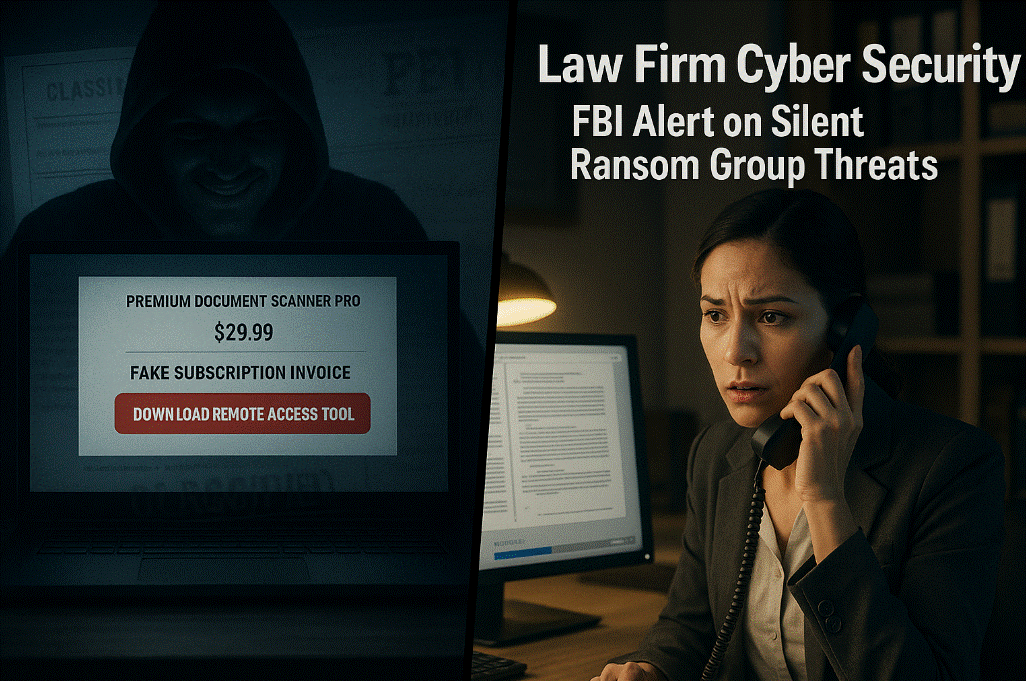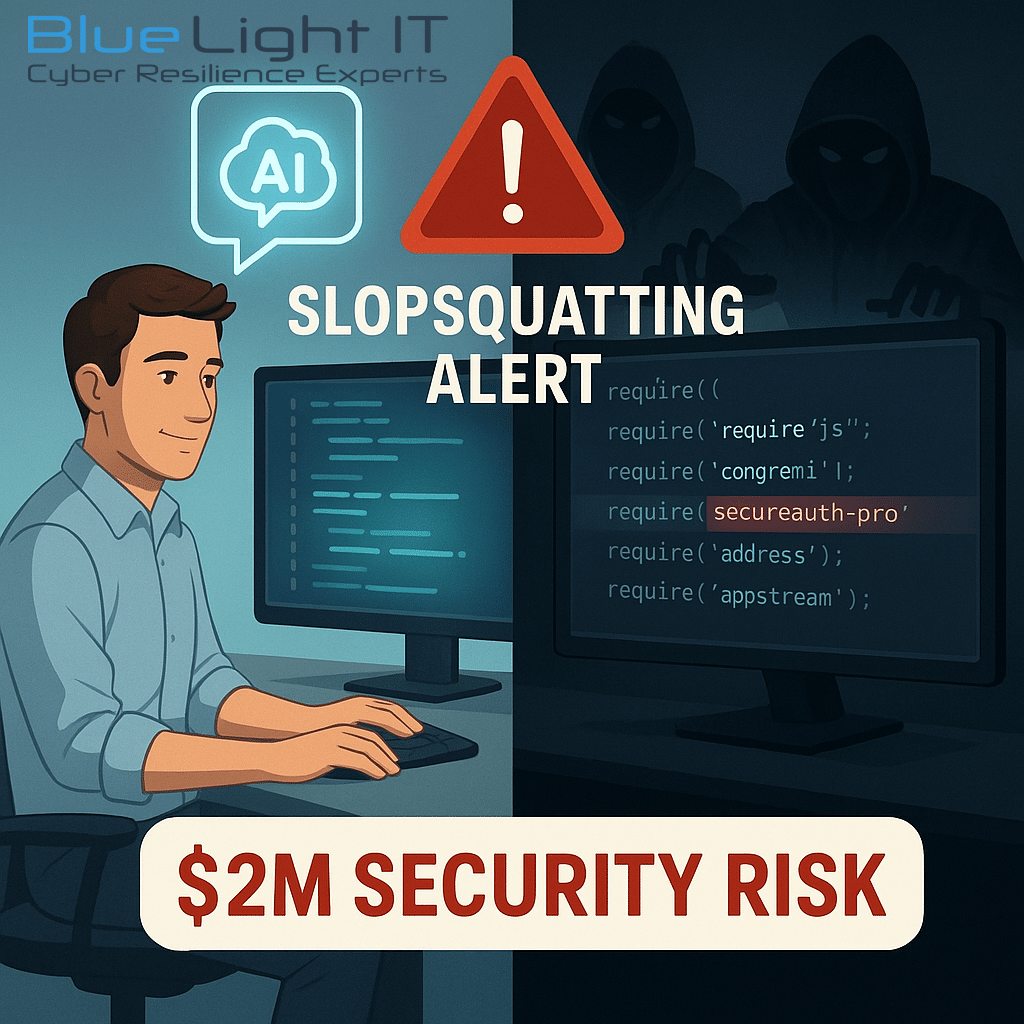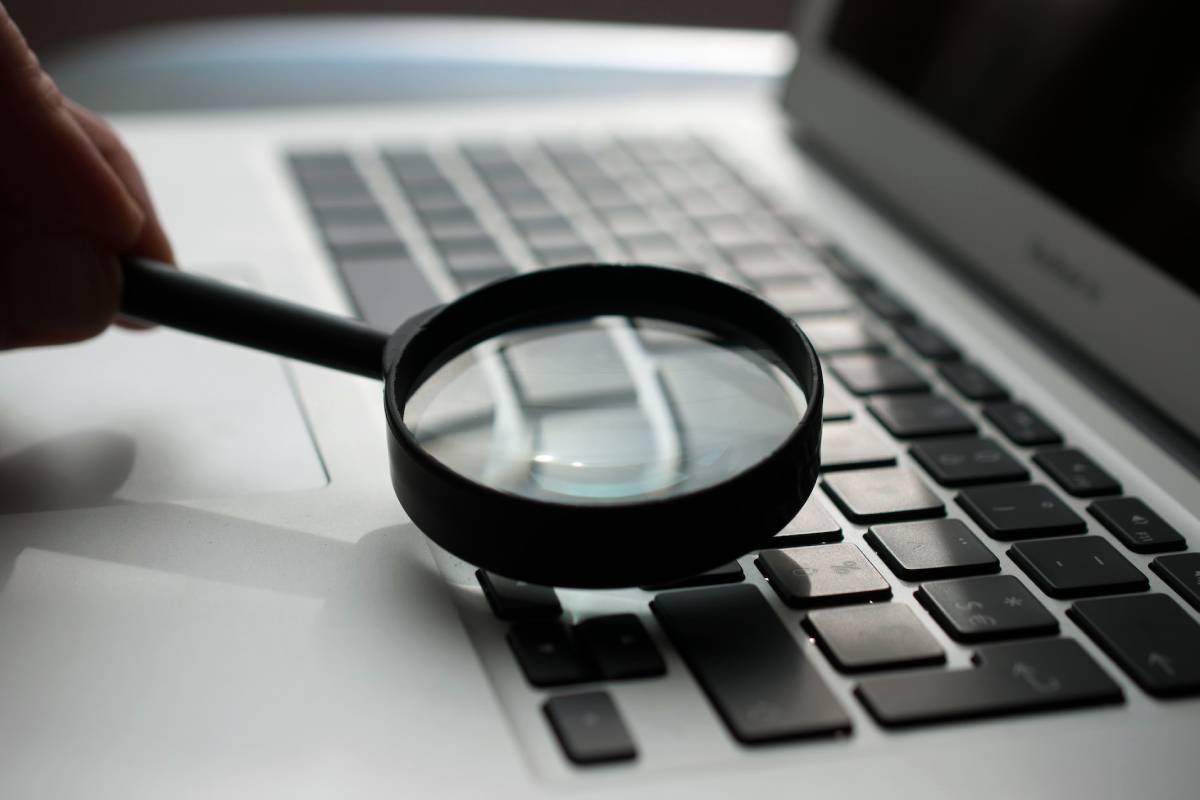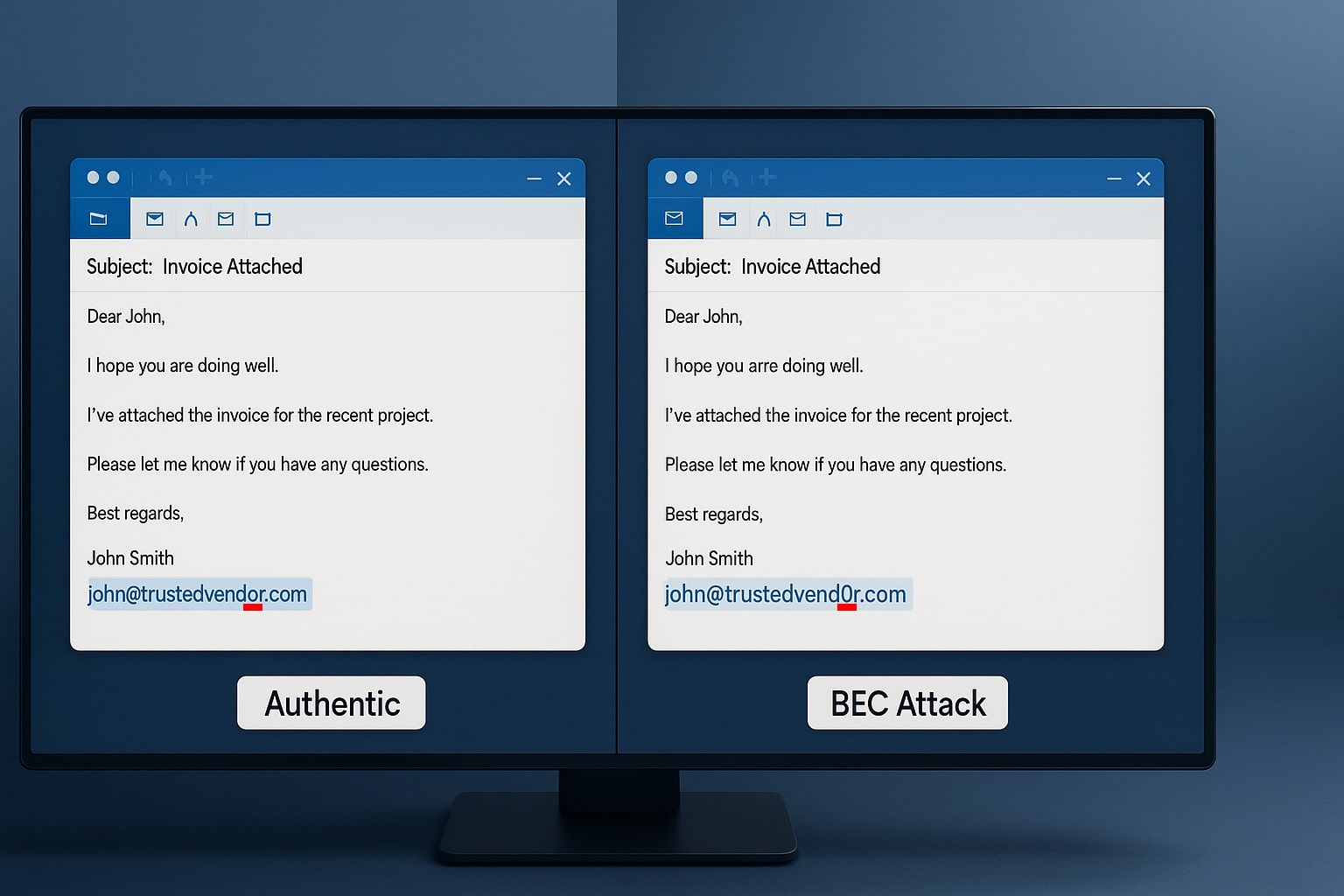As businesses and consumers look to the internet for convenience and access to new products and services, they are bombarded with opportunities and potential risks. Unfortunately, fraudulent or malicious websites are a very real problem. Regarding e-commerce, customers must ensure they’re dealing with a legitimate website before handing over their credit card details. Several steps can be taken to ensure the website is genuine, and we’ll go over the main ones to keep in mind below.
Verify the Website’s URL
One of the most obvious tell-tale signs of a fraud site is if it doesn’t have a proper URL. The URL should be well-structured and recognizable—not just some random string of letters and numbers. If you’re unsure of the legitimacy of a website’s name, take a few extra seconds to Google it first. This will help you determine whether it belongs to an existing business or brand. Additionally, watch out for typo squatting—when a slight misspelling is made in someone else’s domain name—as this could indicate that the website may be untrustworthy.
Need to Learn More How to Keep Your Business Protected?
Look For Contact Information
Real businesses need real contact information. A legitimate company will have information for prospective customers to contact through multiple channels. A website may display a phone number, an address, and an email address on its homepage and/or contact page. If any of these are missing, it may indicate that the site is fraudulent or unreliable.
Check Reviews & Testimonials
When dealing with a new or unknown website, it’s important to find out what others say about it. User reviews and testimonials can be an excellent indicator of whether the site is legitimate. In addition, these reviews and testimonials should appear on the company website and other third-party platforms like social media.
Know Your Customer (KYC) & Anti-Money Laundering (AML) Processes
Online purchasing comes with its fair share of risks. One of the biggest is the risk that the goods or services you’re ordering are being used for criminal purposes (i.e., money laundering). Be bold and ask if your chosen website has a KYC (Know Your Customer) process! It’s standard practice these days for websites worldwide to ask for proof of identity when opening a new account or making a purchase.
Verify Security Measures
Additionally, each page in which sensitive data needs entering (namely passwords) should also be equipped with its security protocol. This can include a username, password, and a CAPTCHA (Completely Automated Public Turing test to tell Computers and Humans Apart) test. This will help ensure that no one is using the website for malicious purposes.
Need to Learn More How to Keep Your Business Protected?
Additional Considerations
There are other methods that can be used to ensure a website is genuine. You can check for contact information, such as a physical address, to verify the legitimacy of their business and check the domain registration records online (check who registered it first) to see if they are fake.
The above list is by no means exhaustive but should give you an idea of how to determine a site’s legitimacy. Remember that a reliable and trustworthy website will have a good reputation for its products or services.
Additionally, as with anything else on the internet, care must be taken to verify the legitimacy of any site to be relied upon for monetary transactions. If you’re unsure, it always helps to consult with an expert—contact Blue Light IT to learn how our IT consulting services can help protect you and all of your employees from fraudulent website scams.
Related Posts

Law Firms Beware: The Silent Ransom Group is Calling
read more

Slopsquatting: The AI Security Threat Every Development Team Must Address
read more

